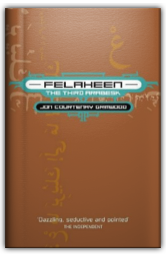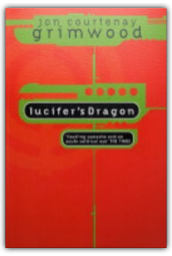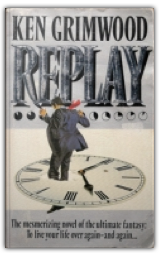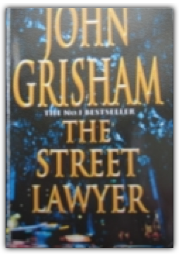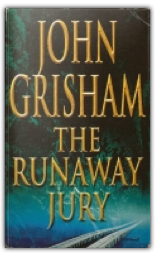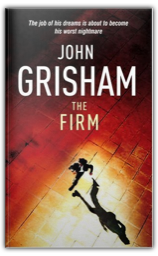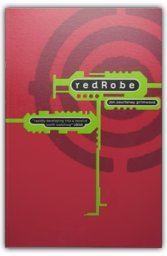 Redrobe
Jon Courtenay Grimwood
Redrobe
Jon Courtenay Grimwood
Another high-energy cyberpunk romp set in the alternative future of Jon Courtenay Grimwood's previous novel reMix. Here he pushes gore and mutilation to almost farcical extremes, with medical nanotechnology meaning that ghastly injuries aren't for keeps—one character loses both eyes but is soon painfully seeing again, if only in black and white. The back-story: Pope Joan looted the Vatican's riches for good causes before her assassination, and now the powerful, corrupt Cardinal of Mexico hopes to claw back the money. A top-class though emotionally wrecked professional killer becomes his emissary, hunting Joan's legacy on Samsara, the vast space habitat and prayer wheel which the Dalai Lama and a Buddhist-pacifist AI have established as the UN dumping-ground for all the world's refugees. Other characters include Pope Joan's former lover, a chatty AI built into an advanced handgun, a Japanese child prostitute into whom some remnant of Joan has been downloaded, an illegal warrior clone, and a bunch of military "PaxForce" heavies whose sadistic female leaders defMoma and momaDef provide more tasty torture scenes and weird capitaLisation. Grimwood drives his story at unrelenting speed, with bursts of extreme violence disguising the less logical leaps, while literal background music plays in the wired-up assassin's head. Dizzying, gruesome and slightly tongue-in-cheek action. —David Langford 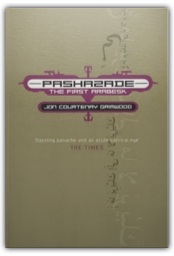 Pashazade: The First Arabesk
Jon Courtenay Grimwood
Pashazade: The First Arabesk
Jon Courtenay Grimwood
Ashraf Bey is not who he seems—a rich Ottoman aristocrat to whom the Iskandryia of a rather different 21st century is more or less his oyster—nor is he simply what he thinks he is—a minor street criminal shipped off to North Africa when he fell foul of his employers. Accused yet again of murders he did not commit, he finds out on the run that he is better than he thinks he is—smarter and more capable and also someone whom people trust and love. 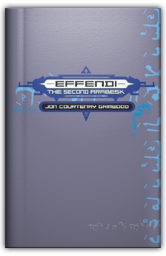 Effendi: The Second Arabesk
Jon Courtenay Grimwood
Effendi: The Second Arabesk
Jon Courtenay Grimwood
Effendi is as impressive as Pashazade, Jon Courtenay Grimwood's first novel of crime and punishment in an alternate-world Alexandria. Now the chief of police of El Iskandryia rather than a hunted fugitive seeking refuge there, the electronically and otherwise augmented Ashraf finds himself investigating both terror attacks against tourists and charges of long-ago crimes against humanity levelled against Hamzah, the man whose daughter he might have married. With the help of his equally odd and talented niece, the child Hani, Ashraf pursues his own unorthodox investigatory methods and his own social and political agendas; he is sympathetic neither to the elite who suck the blood of his city nor to the fanatics who seek to replace them. His and Grimwood's city is a place where past and future meet—where mediaeval barbarism and high-tech go hand in hand and every so often the reader is brought face to face with the ways in which this world is both the same as our own and radically different. Grimwood effortlessly plays by several sets of rules at once and is as accomplished a thriller writer—doing noir as well as he does courtrooms—as he is as a writer of his own, sometimes quite strange, brand of commercial SF. —Roz Kaveney 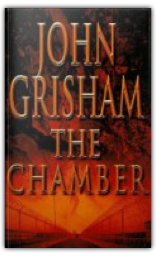 The Chamber
John Grisham
The Chamber
John Grisham
At first listen, the narration of this abridged version of John Grisham's The Chamber seems flat and uninvolved. But Michael Beck has chosen his vocal style well, purposely eschewing unnecessary adornment and allowing this searing indictment of racism and murder to unfold on its own terms. Beck uses character voices sparingly, adding subtle emphasis to the already charged plot. The story begins with a Klan-sponsored bombing and then traces a trail of rigged acquittals stretching over three decades, until a young lawyer with secrets of his own brings the case to a powerful conclusion. —George Laney Amazon.com |
 Made with Delicious Library
Made with Delicious Library
London, State zipflap congrotus delicious library Scott, Mike



